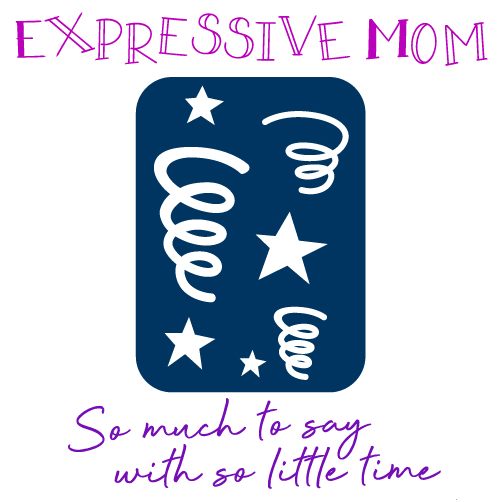I had recently read a blog post called The Day I’ll Have to Put My Son In a Group Home which covered the importance of planning the future for your child with autism or any kind of special need. I have written a few blog posts about this as well. The reason I am writing up this post is because I was flabbergasted after reading several comments by parents of children with autism who insisted on caring for their kids for the rest of their lives.
I can understand that the idea of a child leaving home can be scary to parents (no matter how much the parents are looking forward to having their freedom back), especially if the child has special needs. There may be even feelings of irrational guilt involved. There also have been documented cases where there was abuse in group homes. However, those were exceptions and not rules. I have a serious problem with parents of children with special needs insisting that they care for them lifelong and I will list why.
1. It is natural for all kids to leave the nest, typically developing or not. All kids grow up and eventually become adults, who then are meant to go off and live their own lives away from home. The difference is that typically developing children grow up naturally and eventually find their own way in life and live independently. I know there are unfortunate cases of adult children becoming jobless or divorced and have to move back home but that is usually temporary. Children with special needs such as autism need therapy and special schooling during childhood in order to help them evolve. Some of these children who have special needs end up evolving on their own and leaving the nest independently like most typically developing children. However, most need help even with transitioning into adulthood. That being said, their parents must find a group home for them to live so they can independently as they can, away from home- because they will thrive that way. Adult children, typically developed or disabled are not meant to live at home with their parents.
2. Adult children with special needs will always be dependent if they never leave home. Keeping your adult children at home for life is coddling them. Coddling children, especially ones who have special needs is the worst thing a parent can do. They will never be independent. At least in a group home, they will be encouraged to be as independent as they can and many are able to work. In group homes, the residents are also trained to live in assisted living as well at some point. Parents of adult children are aging and naturally have less energy. How can they possibly teach them to be independent especially since they are becoming tired and weary themselves?
3. One day you are going to die. It is a morbid thought but it is a fact. One day you are going to grow old, become weaker and eventually pass away. In a comment on that blog post, someone had stated that one of the parents who cared for his or her adult child with autism had been dead for days until discovery. It’s a grim reality. We can’t be around forever. That is not a nice scenario to envision either.
4. Your typically developed children will not likely want to take on the responsibility of caring for his or her sibling with special needs. Is it fair to expect that your typically developing child care for his or her disabled sibling once you no longer can? Absolutely not. He or she needs to live his or her own life and achieve his or her own goals. If caring for his or her disabled sibling is what he or she wants to do, that is different. It is not something that a parent should ever force. Not to mention, he or she will not only resent the disabled sibling but will become very resentful towards you. Many times parents need help as they age as well. Can you imagine how overwhelmed your typically developed adult child would be having to look out for your well-being and caring for his or her disabled sibling at the same time? How would you feel?
5. You are going to resent your adult child with special needs. This is something that many parents do not want to acknowledge or accept. However, this would be inevitable. Think about it. You are approaching your 60’s and your friends who are empty-nesters are enjoying their retirement. They are playing golf and taking cruises. You cannot do much of that because you have an adult child who is still very needy living with you. You are still very much like a parent of a little child, and it would be natural to become resentful. Resentment can escalate, and can lead to a tragic story like this.
Transitioning your adult child with special needs into a group home needs to be done sooner rather than later. I realize waiting lists for group homes can be a problem. The best thing to do is to look into what can be done about transitioning your child at the right time when he or she is still young. If your child evolves far enough to the point that he or she will leave independently as an adult, then that is fantastic. However, prepare yourself for the possibility that your child will need help with the transition. Start looking into it while the child is still young (under 18) and find out what is involved. You and all of your children will be better off in the long run.




Connect With Me !